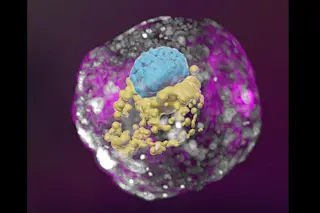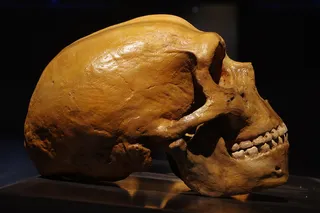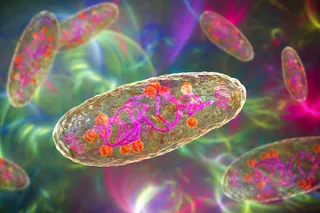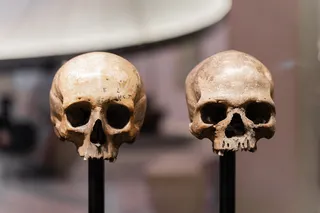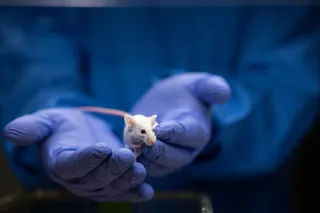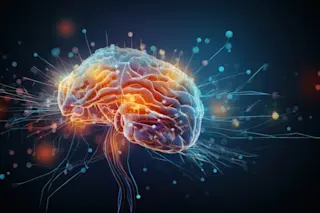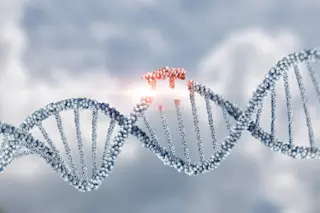Research involving human embryos is famously difficult and fraught with ethical quandaries, but a new synthetically derived model could open new doors in the study of infertility and birth defects.
The model comes from the Weizmann Institute of Science in Israel and follows years of research by labs around the world into producing a similar clump of cells. The team led by professor Jacob Hanna claims that their latest iteration is the most advanced so far and contains all the hallmarks of a human embryo that has grown inside a human womb for 14 days.
The advancement raises a host of ethical questions that the scientific world is just beginning to grapple with.
Scientists generally agree that experiments involving embryos should halt at 14 days, when major features such as the body shape and spinal cord begin to form. But most of the related scientific guidelines and national laws only ...


